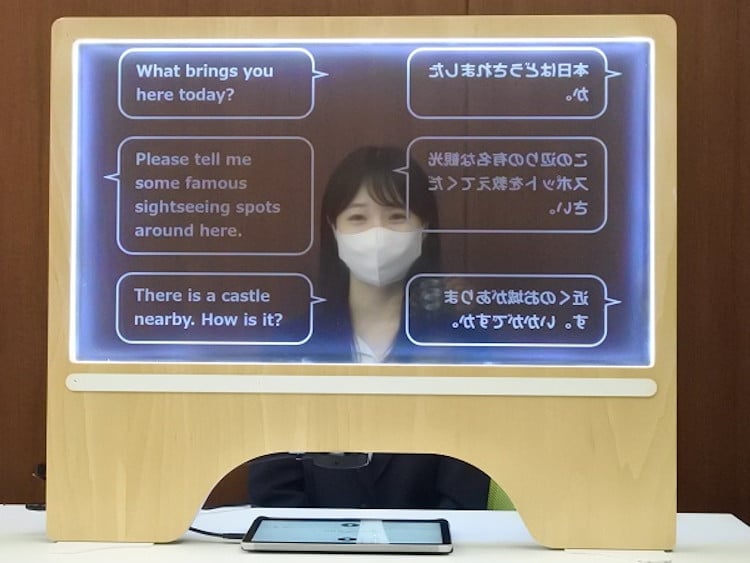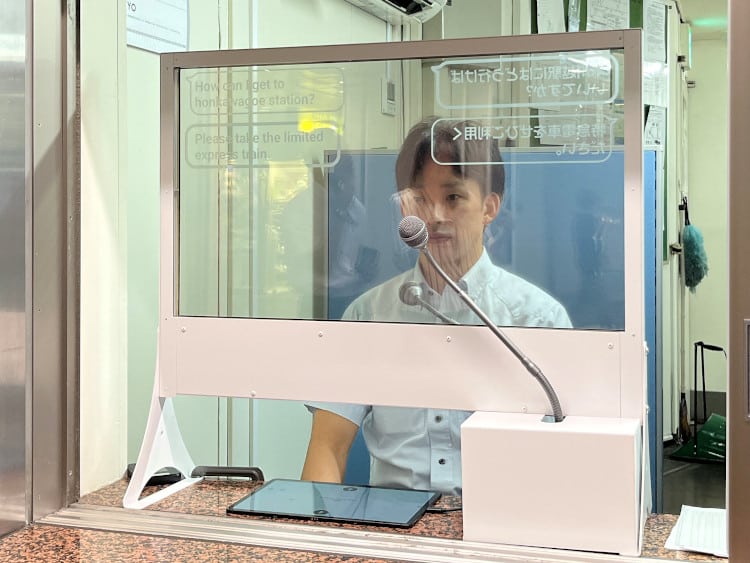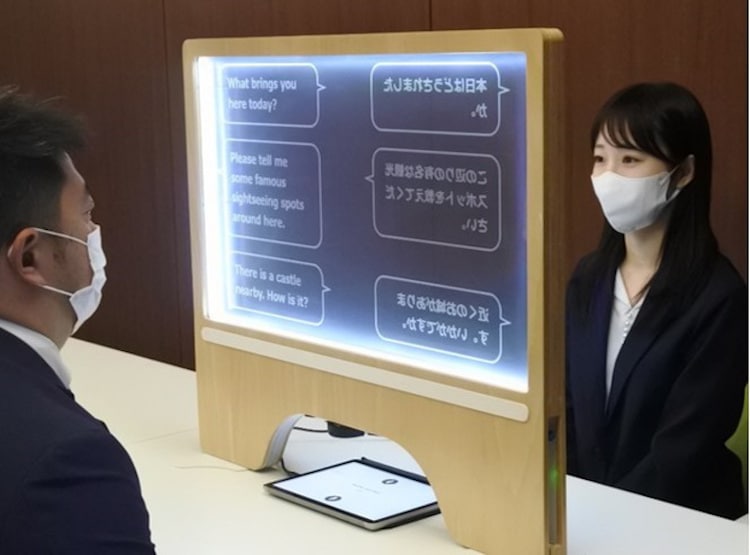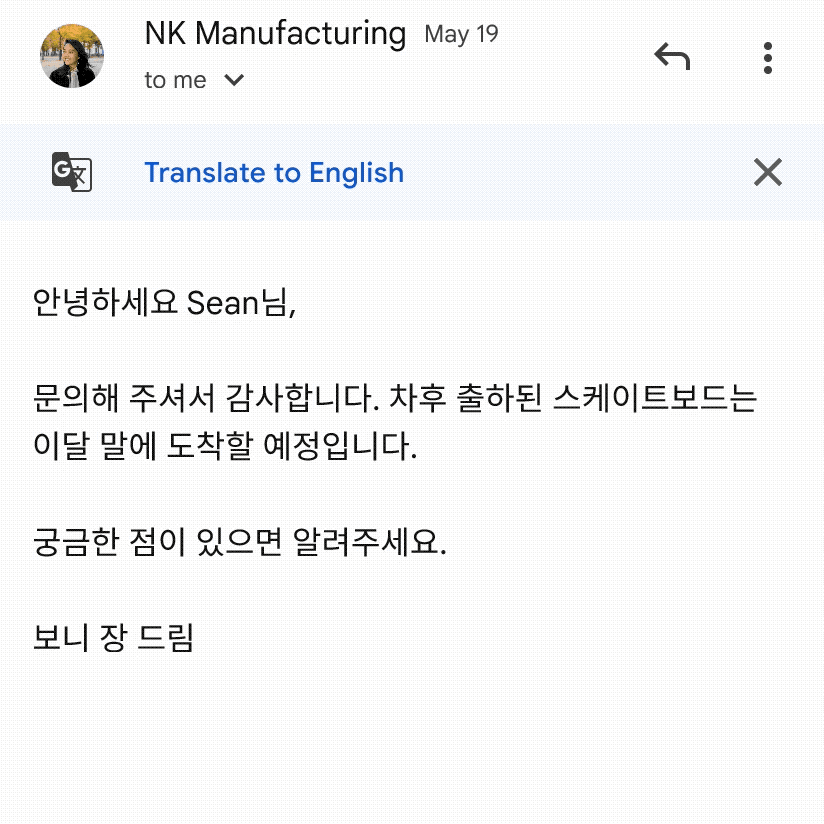In the heart of many immigrant families, a unique role often falls upon the shoulders of the children: translator and interpreter from English to Spanish.
Harye Altamar,14, helps her mother communicate with her younger sister’s doctor.
Virginia Vasquez,16, often checks the mail and reads letters for her parents.
Their contributions not only alleviate the burden of surmounting language obstacles for parents who speak little or no English but also help them develop language skills and enhance their self-esteem, according to experts.
A new documentary, ‘Translators’, follows the stories and challenges of these immigrant children, who play language brokers for their families.
The subject of the documentary, which is directed by Rudy Valez, may be a timeless American experience, but it is as relevant as ever. According to Pew Research Center, the share of Latinos in U.S. who speak English proficiently is growing. In 2021, 72% of Latinos ages 5 and older spoke English proficiently, up from 59% in 2000.
“Children who translate for their parents may be pressed to learn about complex ideas and concepts in collaboration with their parents, giving them opportunities to feel positively about the role they play,” said Robert S. Weisskirch, a professor of Human Development at California State University Monterey Bay.
Four years ago Harye didn’t know English when she came from Colombia with her parents, Katerine Eguis, 39, and Felix Altamar, 44. She learned at her school, Orange Grove, in Tampa, through an advanced program designed to assist students with language learning. Now she handles translation and communicates with her younger sister’s doctors, Genesis, 2, who required ear surgery last year and is now going to start therapy.
“I always like to help my parents, and I feel happy to be able to do it,” said Harye, from Carrollwood. “I learned English quickly and I started speaking during my first six months. It’s been tough, but now I feel better.”
Valdez, the documentary’s director, hopes viewers will better understand the challenges and situations immigrant families face, especially their children, through this film.
“I was able to see, very early on, the access that language could provide to people, and that was something that always stuck with me from a very young age,” said Valdez.
Felipe Pinzon, president and CEO of Hispanic Unity of Florida, a nonprofit that helps with the transition for newcomers, said that becoming the vital link connecting their parents and the world around them helps immigrant children learn empathy and understanding.
Keep up with Tampa Bay’s top headlines
Subscribe to our free DayStarter newsletter
We’ll deliver the latest news and information you need to know every morning.
Loading...
You’re all signed up!
Want more of our free, weekly newsletters in your inbox? Let’s get started.
Explore all your options“Often handed the responsibility without asking at a young age, it enhances the awareness of the challenges their families and community face, nurturing a deep sense of responsibility that lasts a lifetime,” Pinzon said.
One of them is Virginia, a 16-year-old twelfth grader at Sickles High School in Tampa. She helped translate instructions to aid her parents in obtaining a driver’s license, and she often reads emails and makes calls when Spanish is not available. The family came from Venezuela six years ago. Her mother, Wendy Ronnau, said it was a significant change for everyone, but especially for Virginia, who felt very shy initially about speaking in English at her school.
But now Virginia said her sense of pride and commitment is stronger since she’s fluent in English. She has a responsibility to assist her parents with matters that can be either big or small.
“I can’t imagine not helping them,” she said.
Translators will be screened on August 24th from 5 pm to 8 pm at the Tampa River Center, in Julian B. Lane Riverfront Park, located at 1001 N Blvd.
/cloudfront-us-east-1.images.arcpublishing.com/pmn/FS3KVME4YO6TOE5NKLPIUIOXBM.jpg)




 You can also switch back and forth between the original and translated versions by tapping on the banner again. According to Google, “You can also choose to have Gmail always translate or never translate specific languages.”
You can also switch back and forth between the original and translated versions by tapping on the banner again. According to Google, “You can also choose to have Gmail always translate or never translate specific languages.”